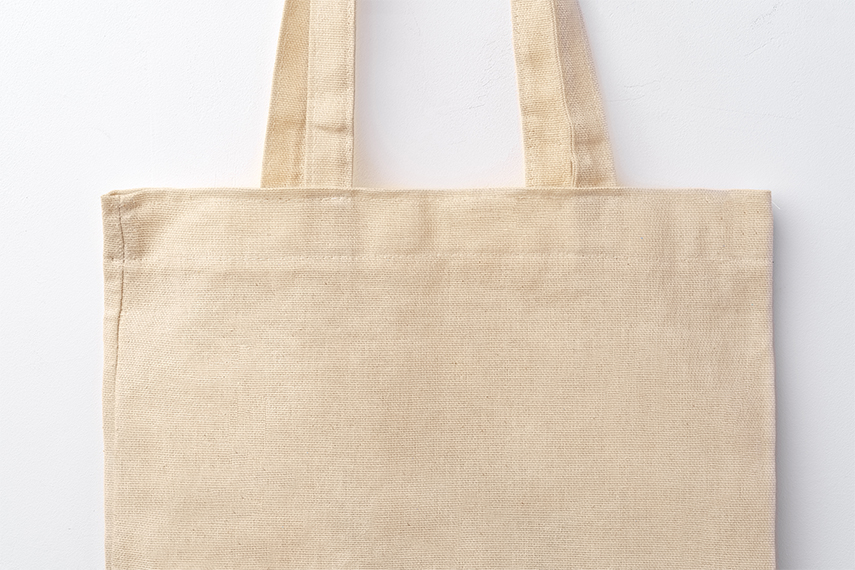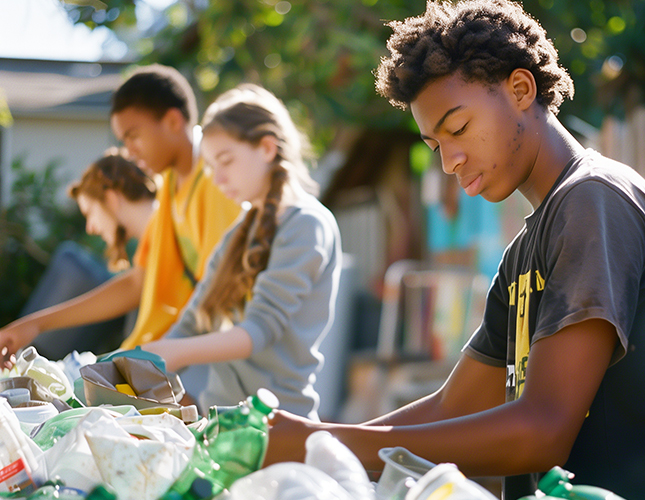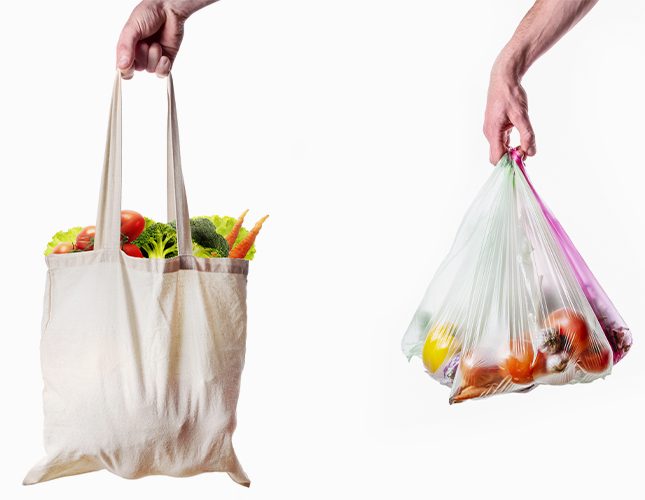Ban on plastic bags in Montreal.
The City of Montreal has adopted a by-law that prohibits the distribution of plastic shopping bags in retail stores, including grocery stores, in all boroughs. As of September 27, 2022, restaurants will also be required to comply with these regulations. Let’s take a closer look at what the regulations say and how you can adapt to the changes.
Plastic bag history and environmental drift
Plastic bags, fruit and vegetable bags and grocery bags are unnecessary parts of our lives. Prior to their invention in 1959, people did not need plastic bags to shop, as options made of other materials, including fabric and paper, were available. Ironically, plastic bags were supposed to be the solution to deforestation for paper bags. The original idea behind the plastic bags was that they would be reused and people would take them back to the stores over and over again, unlike paper bags.
Yet, plastic bags are used on average for 25 minutes before being discarded and forgotten. A plastic bag takes up to 1,000 years to photo-degrade itself, which is a way in which plastic doesn’t actually break down but turns into microplastics that continue to pollute the environment.
Over time, the concept of plastic bags saving the environment has gone awry and our eyes have opened to the environmental impacts of plastic pollution. Plastic bags are also a scourge for sorting centres, where they cause equipment breakdowns and delays in operations.
What regulations are already in force in Montreal?
The current regulations apply to retail businesses including grocery stores. It prohibits the distribution of conventional plastic bags with a thickness of less than 50 microns, as well as those of degradable plastic (oxodegradable, oxofragmentable, biodegradable, or compostable) regardless of their thickness. These are shopping bags that are used to package goods purchased or delivered.
What will be the changes in Montreal as of September 27, 2022?
All plastic shopping bags will be prohibited, regardless of their thickness, including those made from degradable plastic. Restaurants that offer take-out or home delivery will have to comply with the regulations. Retail businesses, including grocery stores, are already complying.
Exceptions include bags used to transport food into the store, such as fruits and vegetables.
What alternatives to plastic grocery bags?
To change habits in case of plastic bag ban, it is doubly important to think about the choices we will make to find alternative bags. Indeed, to avoid aggravating the volume of waste, it is necessary to evaluate the options and choose alternatives to the most environmentally friendly plastic bags.

Reusable bags should be the first and most important option, as anything that is done to reuse something instead of throwing it away is always beneficial to the environment and can help reduce plastic pollution.
It is also worth choosing something durable. Many reusable bags sold at the checkout are quite fragile and can tear after a few uses. The goal should be to have a few bags that last for years! So choose fabric bags, which are also washable, or those of a very resistant plastic, ideally made from recycled materials.
Not in… my bag?
You don’t live in Montreal and don’t think you have to limit your consumption of plastic bags in shops? All sorting centres are experiencing difficulties with these volatile and stretched materials and are using environmentally unfriendly resources to manufacture them. Don’t wait for a regulatory change and make a better habit today!
Do not hesitate to contact us if you have any questions:








